Why do we watch movies?
For the past century movies have played a significant role within our lives. Whether you’re looking for some easy entertainment to pass the time, see the next ‘biggest film of the year’ or taking your partner on a date. People often imply that a movies whole purpose is to just entertain, but is that entirely true?
Movies allow us to explore our minds -- to experience and feel things we wouldn’t normally feel within the real world, to escape reality. It’s not every day you’re going to be caught up in a car chase down a military runway (Fast & Furious 6), getting hunted in the woods by a psychopath wielding a machete (Friday 13th), or be enlightened by romance (When Harry met Sally).
Think about that time when you tried to decide what movie you were going to stream, you flicked through every page of every genre to pick out movies you were interested in. How did you decide on the film? Flip a coin – doubtful. You more than likely thought to yourself and questioned “What do I feel like?”, “What worlds can I explore?”. We watch films to feel something – love, fear, escape, peril...
Most directors will tell you that their job is not to entertain others, but to tell a story. Let's talk about David Fincher, someone I really admire. One of his traits to impact a viewer's feeling is the use of camera angles. The Social Network follows this within the opening scene of the film, we’re shown Mark Zuckerberg and Erica Albright positioned in a narrow field of view to show us their relationship with one another. As the scene moves forward Erica ends the relationship with Mark, then the shot becomes wider justifying the distance between the two characters. The final shot of the scene we see Mark sat by himself, the camera still holding the wide shot.
In short, the use of different camera techniques helps us feel the disconnection between the two characters, but as it’s subconscious we don’t realise this initially which is the hallmark of a great director.
I went to go see Star Wars: The Last Jedi on the day of release with high anticipation (as I’m sure many others did), however, as I’m sat there trying to engage with the action I couldn’t help but feel “I like it but I'm not enjoying it... Its Star Wars I should enjoy it! Wait am I watching a Star Wars film?” The codes and conventions of Star Wars were there but it just felt as though I was being forced to feel something that wasn’t on the screen. Moments where emotion were intended as part of the scene felt as though it was being forced upon me.
When walking out of the cinema I felt disappointed, because I didn’t feel any empathy for the characters due to a lack of emotion. There is also a lot of historical baggage with Star Wars - we, the fans set our expectations too high, when a new film is released we’re quick to criticise it against the previous instalments.
Often we are told how to feel something about a particular film, not by the story but by the marketing. We all understand the meaning behind ‘hype’, and we’ve all been caught up in it at some point. Trailers play a significant role with this and push marketing to the limits to make us feel as though we need to watch the ‘next big thing’. A good example of this is the recent film Meg where the hype of trailer far exceeds the quality of the film.
People go to watch the movies to feel and to escape from reality, movies transport us to a different time, place or situation we may never be able to experience. The emotions we feel when we’re engaged by a movie is what makes us come back for more.
So, when you’re next thinking about commissioning a film or a video ask yourself what do you want your audience to feel?


